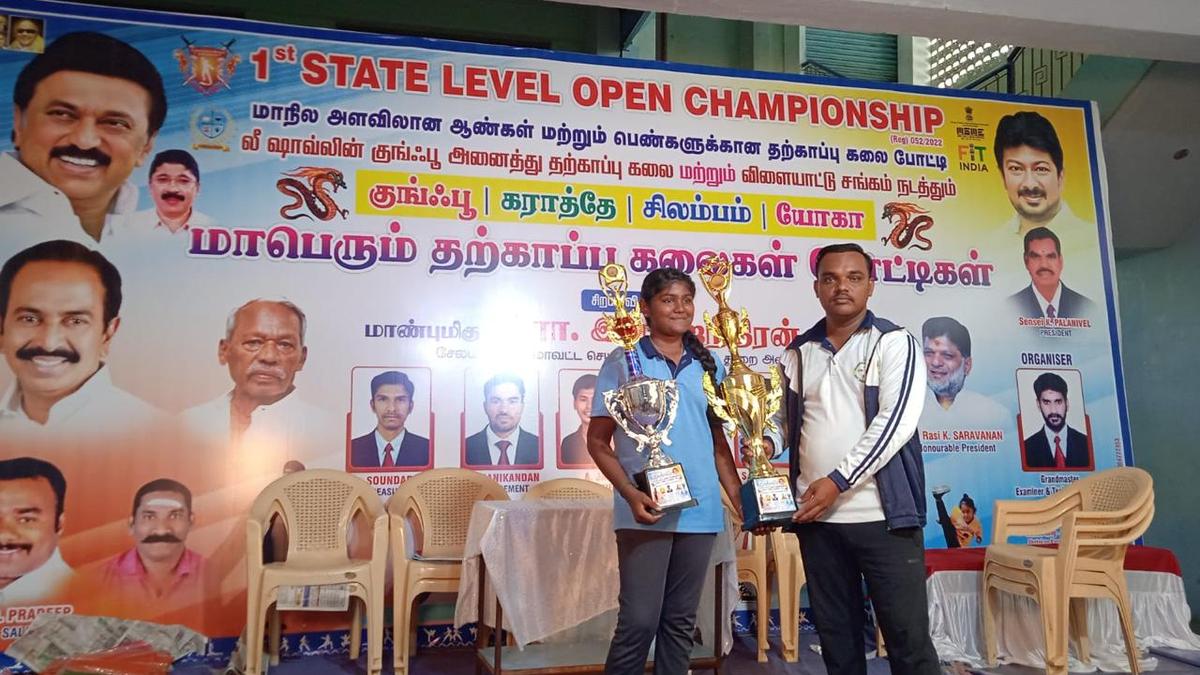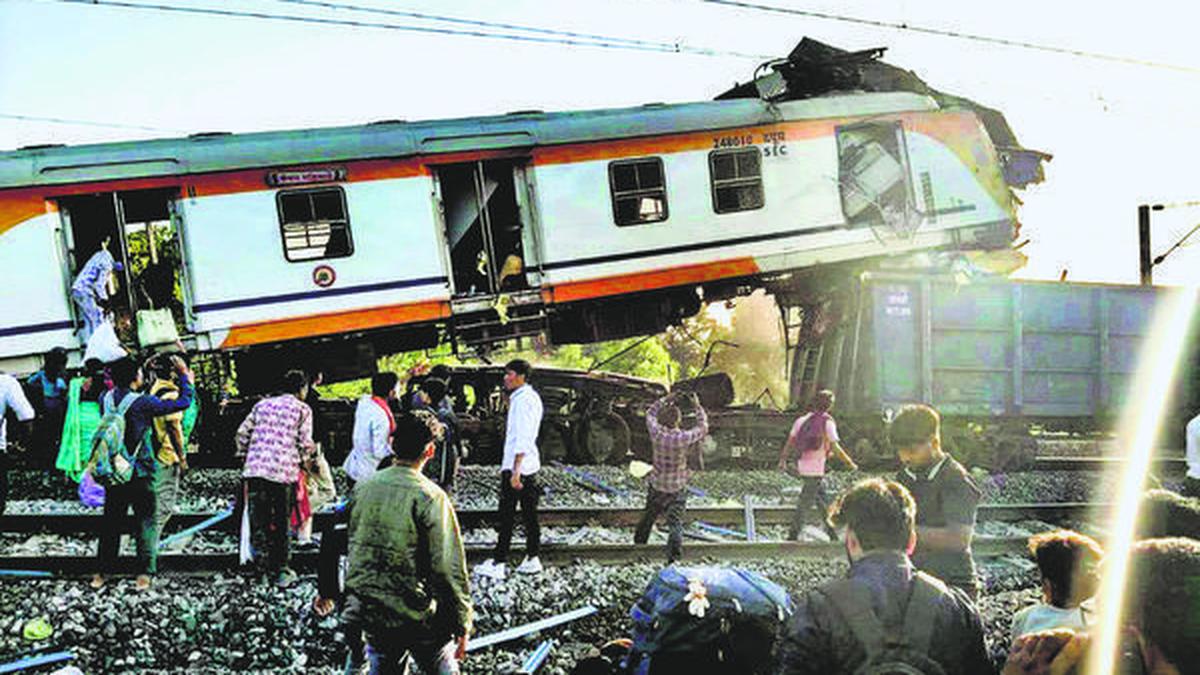The run-up to the first phase of polling in Bihar on November 6 witnessed the Election Commission of India (ECI) furiously defend the Special Intensive Revision (SIR) in the Supreme Court, even as petitioners questioned the poll body’s claim that the current exercise is a chip off the “transparent” 2003 intensive revision of the State’s electoral rolls.
The final list, published on September 30 at the end of the SIR, witnessed the removal of 3.66 lakh names. Opposition parties have questioned the SIR exercise, and demanded the ECI come out with reasons for the exclusion of these names.
But the ECI order of June 24 had stated that the SIR was done only after political parties had raised concerns about inaccuracies in the electoral roll. It had justified that the SIR was necessary due to mass migration, urbanisation, and to ensure that only citizens are registered to vote. The Commission had reasoned in the order that the “absence of any intensive revision for nearly two decades necessitated a more rigorous and foundational exercise”.
The poll body had said the SIR 2025 was a mere repetition of an exercise which used to regularly take place until 2003. The ECI had used the 2003 electoral roll as “probative evidence of eligibility, including presumption of citizenship”. In fact, the ECI had said electors enrolled in the 2003 intensive revision need not attach any additional document along with their enumeration forms, except for the extract of the roll. In a counter-affidavit before the apex court, the ECI had even submitted that “such children who attained eligibility by virtue to adulthood post 2003 “would only have to produce evidence of their relationship with those electors whose names feature in the 2003 electoral roll”.
The last intensive revision in Bihar was completed in 2003, with January 1, 2003 as the qualifying date. In its June 24 order, the ECI had referred to the intensive revision of 2003 as a “precedent and template” for the 2025 SIR.
Interestingly, one of the petitioners, the Association for Democratic Reforms, represented by advocates Prashant Bhushan and Neha Rathi, had pointed out to the court that the ECI had “never placed on record the original documents of Special Revision of Intensive Nature held in 2003 which it claims as a precedent and cut-off”.
Also Read | Supreme Court tells Election Commission to be open on names in final Bihar rolls
The petitioner had dug out records of the 2003 revision of rolls to unearth a 62-page document titled ‘Electoral Rolls Special Revision of Intensive Nature with Qualifying Date 01.01.2003, Final Guidelines’ to discover that the 2003 exercise was “fundamentally different” from the present 2025 SIR exercise.
The petitioners have raised five “basic differences” between the 2003 intensive revision and SIR 2025. For one, the onus of entering eligible names on the electoral rolls in 2003 was wholly on the Enumerator (now called the Booth Level Officer) and not on the elector, as in the SIR 2025.
Secondly, there was no enumeration form to be filled by the electors and, correspondingly, no deadline to be met by potential electors, as in the SIR 2025. The enumerator had carried out a house-to-house survey to confirm, add or modify the existing electoral roll in consultation with the head of the household or senior adult member of the family.
Also Read | In Bihar SIR challenge, Supreme Court refers to 1977 verdict on Election Commission’s powers
Thirdly, unlike SIR 2025, there was no general requirement in 2003 for all the potential electors to provide at least one document.
Again, there was no general mandate to verify citizenship of each elector in 2003. The Guidelines of 2003 permitted an inquiry into citizenship only in the case of individuals declared as ‘foreigners’ by the competent tribunals.
Finally, the 2003 intensive revision provisions, unlike SIR 2025, did not allow exclusion of any name on the pre-existing rolls without going through due process for deletion of names.
The Supreme Court was scheduled to hear on the constitutionality of the Bihar SIR on November 4. However, both Justices Surya Kant and Joymalya Bagchi, who formed the Bench hearing the case, were part of a Constitution Bench and did not assemble on Tuesday.

 3 hours ago
4
3 hours ago
4










 English (US) ·
English (US) ·